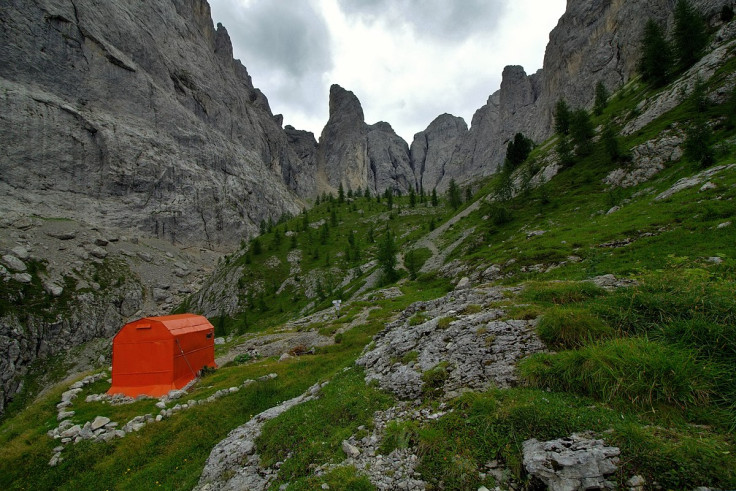Popular Italian tourist region limits entry, hotel bookings during the summer
Trentino-Alto Adige is an autonomous region in northern Italy.

In a bid to combat over-tourism, a beautiful Italian province has announced travel restrictions for tourists for the upcoming summer.
Joining the increasing list of intensely popular travel destinations to have imposed new restrictions on tourists in Italy, Trentino-Alto Adige has put a strict cap on tourist numbers and banned any new hotels and Airbnbs from opening up, reported Mirror.
New rules at Trentino-Alto Adige
Trentino-Alto Adige, an autonomous region in Northern Italy, prefers to choose quality over quantity when it comes to tourism. Bringing more perspective to it, even though the district does depend heavily on tourism revenue, its authorities believe it is not worth overcrowding the region and thereby compromising both the locals' quality of life and the tourist experience.
The said province has restricted the number of overnight visitors. Unless another hotel or holiday rental flat closes, no new onea can be opened up.
Meanwhile, the authorities have also introduced a new rule for visiting the glacial Lago di Braies, one of the most popular spots, thanks to Instagram. The large masses of people usually ruin the views at the lake. In order to avoid the same, as per the new rule, visitors have to register in advance before heading to the lake unless they go on foot to avoid large bottlenecks along the path. With fewer applications accepted each day, the region aims at offering the best experience at a stunning place like the Lago di Braies.
A new restriction has also been introduced at the Alpe di Siusi, which is a huge Alpine meadow in the shadow of the mountains. There will be no access for private vehicles, except for those owned by residents, between 9 am and 5 pm. The only way up now is via public transport.
Trentino-Alto Adige is not the only part of Italy that has been struggling with over-tourism. It has also been reported that Portofino on the Italian Riviera has started slapping visitors with a hefty fine if they are caught taking a selfie or lingering around for a long time at a single tourist spot.
Gateway to Dolomites
The province of Trentino-Alto Adige borders Switzerland and Austria. The area attracts thousands of visitors every year for its medieval castles, snowcapped slopes, pristine lakes and lush valleys. Tourism touches its peak during the summer time as Trentino-Alto Adige is quite a popular destination because it also covers a part of the Dolomites, a section of Italian Alps known for limestone peaks, along with the glacial lakes that sit in the valleys.
People also flock to Trentino-Alto Adige for its architecture, Romanesque and Gothic art, cathedrals, cultural and historic sites, and cuisine.
Over the last few years, mass tourism has been overwhelming for the residents and officials. Provincial Councilor Arnold Schuler, Trentino-Alto Adige's tourism minister who suggested the new regulations, recently revealed that last year the region recorded 34 million overnight stays. "At certain times of the year and in certain areas, it became a lot," he explained.
Nearby settlements such as Bolzano, which is also a gateway to the Dolomites, also attract large numbers of visitors, as it boasts plenty of cheap local wines and beers, as well as delicious dumplings that are a regional specialty.
Trentino-Alto Adige is becoming very popular, with the number of beds for tourists in the area standing at 230,000 in 2019 before rising by 10,000 the following year. In addition, the number of Airbnbs in the area has also increased by 400% over the past five years, indicating the high demand from visitors.
"We reached the limit of our resources, we had problems with traffic, and residents have difficulty finding places to live. Tourists come here to hike and to see beautiful places, not to find themselves in a traffic jam. The tourism sector is very important for us, for jobs and the economy, but we had reached the limit, so we took these measures to guarantee a better management of the flow of people, and to guarantee lodging for tourists," added Schuler.
© Copyright IBTimes 2025. All rights reserved.






















